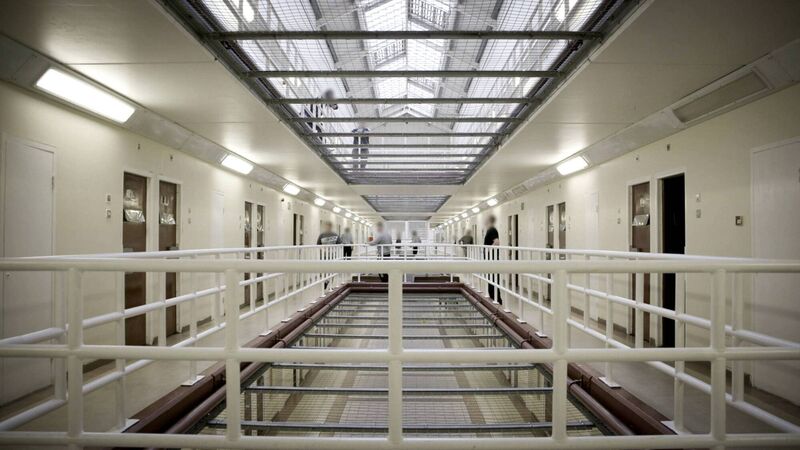Warning of 'revolving door' for prisoners without further investment

The IPS also warned of the potential of 'widespread outbreak' of infectious diseases like covid-19 and tuberculosis due to overcrowding in Irish jails. File picture
The prison service has warned of a “revolving door” for prisoners if new jail accommodation for criminals is not urgently provided.
In a submission to the Department of Justice, the Irish Prison Service (IPS) said the number of people in jail had increased by almost a quarter in the space of five years, and was only going to rise further.










